Embracing off-grid living connects individuals with nature while imposing significant energy demands that require careful consideration. Choosing the right battery technology is crucial for maintaining a reliable and efficient energy system in remote locations. This guide delves into why LiFePO4 batteries are rapidly becoming the preferred choice among off-grid enthusiasts for their durability and eco-friendliness.
Understanding Battery Types for Off-Grid Use
Lithium Ion vs LiFePO4 Batteries
LiFePO4 batteries and lithium-ion batteries share a common foundation in lithium technology, yet they diverge significantly in terms of safety, longevity, and environmental impact. LiFePO4 batteries, characterized by their lithium iron phosphate composition, offer greater thermal and chemical stability, which increases safety and durability. This makes them particularly suitable for the unpredictable conditions of off-grid living.
The performance metrics of these batteries also tell a compelling story. While lithium-ion batteries are known for their high energy density, LiFePO4 batteries provide a longer lifespan and more stable performance over time, particularly in terms of cycle life and resistance to temperature variations. This comparison highlights the practicality of LiFePO4 batteries and underscores their reliability for long-term energy storage.
Lead Acid vs LiFePO4 Batteries
Lead-acid and LiFePO4 batteries represent two vastly different approaches to energy storage. While lead-acid batteries are often recognized for their initial cost-effectiveness, they lag behind when considering longevity and operational efficiency. They typically exhibit shorter life cycles and lower energy density, which can lead to frequent replacements and higher long-term costs.
Conversely, LiFePO4 batteries can provide longer operational life and maintain higher efficiency under frequent cycling. These attributes make them particularly valuable in off-grid setups, where a consistent and reliable energy supply is critical. Additionally, the environmental impact of LiFePO4 batteries is significantly lower, offering a cleaner, more sustainable option for energy storage, reflecting the growing trend towards eco-conscious living solutions.
Advantages of LiFePO4 Batteries
Longer Lifespan and High Energy Density
One of LiFePO4 batteries' most significant advantages is their longevity. Capable of enduring up to 5000 charge cycles, these batteries far surpass traditional batteries in terms of lifespan, reducing the need for frequent replacements and thereby lowering the cost of energy storage over time. This resilience is particularly advantageous in off-grid settings, where reliable power is crucial to daily living.
Furthermore, LiFePO4 batteries' high energy density means they can store more energy per unit of weight than many other battery types. This capability is crucial for maximizing space and weight efficiency in off-grid energy systems, where every bit of efficiency counts. The superior energy density also supports longer periods between charges, making it ideal for locations with intermittent sunlight or other renewable sources.
Depth of Discharge and Battery Management Systems (BMS)
Depth of discharge (DoD) is critical in battery performance, especially in off-grid applications. LiFePO4 batteries excel in this area, allowing for deeper discharges without significantly impacting their lifespan. This feature enables more flexible and extensive use of the stored energy, essential for maintaining consistent power during low renewable energy generation periods.

Battery Management Systems (BMS) are integral to maximizing the lifespan and efficiency of LiFePO4 batteries. These systems meticulously monitor and manage the charge state, temperature, and overall health of the battery, preventing conditions that could lead to premature wear. By efficiently managing these factors, BMS ensures that the batteries operate within optimal parameters, thereby extending their life and enhancing their overall performance in demanding off-grid environments.
Key Features of LiFePO4 Batteries
Battery Capacity and Rechargeability
Battery capacity is a fundamental attribute determining how much energy a battery can store and subsequently provide. In off-grid systems, where energy demand can fluctuate significantly, having a battery with a high capacity is essential. LiFePO4 batteries offer substantial capacities, allowing longer usage between charges and effectively handling higher loads.
The rechargeability of LiFePO4 batteries adds another layer of convenience and sustainability. These batteries can be recharged repeatedly without significant degradation in capacity, which is crucial for their long-term viability in off-grid setups. The ability to efficiently recycle stored energy reduces waste and enhances the overall sustainability of the energy system.
Energy Independence with High-Capacity Batteries
Through their robust energy storage capabilities, liFePO4 batteries empower users with greater energy independence. This autonomy is critical in off-grid living, where traditional power grids are either unreliable or unavailable. The storage capacity of these batteries ensures that users can maintain a consistent and reliable energy supply, which is pivotal for both daily needs and emergency situations.
Case studies from various off-grid installations underscore the transformative impact of high-capacity LiFePO4 batteries. These real-world examples highlight how individuals and communities have leveraged technology to significantly improve energy reliability and independence, paving the way for more sustainable and self-sufficient lifestyles.
Integrating LiFePO4 Batteries with Solar Energy Systems
Compatibility with Solar Panels
The synergy between LiFePO4 batteries and solar panels is a key component of efficient renewable energy systems. These batteries are highly compatible with solar technology, enhancing the ability to store solar energy generated during peak sunlight hours. This stored energy is crucial for providing power during nighttime or overcast conditions, ensuring a continuous energy supply.
Tips for successfully integrating these batteries with solar panels include properly sizing the battery bank to meet energy demands and ensure the system components are compatible. These strategies are essential for optimizing the efficiency and reliability of solar energy systems, making them more effective in meeting the unique demands of off-grid living.
Management Systems for Efficient Energy Use
Advanced management systems are crucial in optimizing the performance of LiFePO4 battery setups in conjunction with solar panels. These systems help precisely control the flow of electricity from the solar panels to the batteries and then to the home appliances. They ensure the energy is used judiciously, reducing waste and increasing the system's efficiency.
Effective strategies for maintaining battery health include regularly monitoring battery charge levels, avoiding overcharging, and maintaining an appropriate temperature around the storage units. These practices help preserve the batteries' optimal functionality and extend their useful life, which is vital for the sustainability of off-grid energy systems.

Selecting the Right LiFePO4 Battery for Off-Grid Living
Criteria for Choosing the Right Battery Type
Choosing the correct battery type for off-grid applications involves thoroughly assessing specific energy needs and environmental conditions. Factors such as the battery’s capacity, ability to withstand different environmental conditions, and energy density should guide the selection process. These factors ensure that the battery will meet the current energy demands and adapt to potential changes or increases in energy usage.
Evaluating these criteria requires understanding the daily energy usage patterns and how they might fluctuate seasonally. This assessment helps select a battery that meets the immediate needs and provides a buffer for peak times, ensuring that energy is always available when needed.
Spotlight on LANPWR’s Lithium Iron Phosphate Batteries
LANPWR's LiFePO4 batteries stand out in the market for their exceptional performance and reliability. These batteries are specifically designed to meet the rigorous demands of off-grid energy systems with features that include high energy density, robust capacity, and extended lifespan. Such characteristics make LANPWR batteries a wise choice for anyone looking to invest in a dependable, efficient, off-grid energy solution.
The advantages of choosing LANPWR for off-grid solar needs are numerous, including the company's proven track record of performance and comprehensive support. Whether for residential or commercial applications, LANPWR’s batteries provide the security and efficiency needed to optimize off-grid solar systems, making them a preferred choice for those seeking long-term energy solutions.
Conclusion
LiFePO4 batteries offer a compelling solution for achieving energy independence through off-grid living. With their long lifespan, high energy density, and enhanced safety features, these batteries provide a reliable and sustainable energy storage option. This guide highlights the essential role that the right battery technology plays in maximizing the benefits of solar energy systems, ensuring efficient and uninterrupted power supply.
We encourage readers to thoroughly evaluate their energy needs and consider the advantages of LiFePO4 batteries for a sustainable off-grid lifestyle. For more detailed information on transitioning to a reliable and eco-friendly battery-powered life or to explore LANPWR’s range of Lithium Iron Phosphate batteries, follow [Link to resources and purchase options].


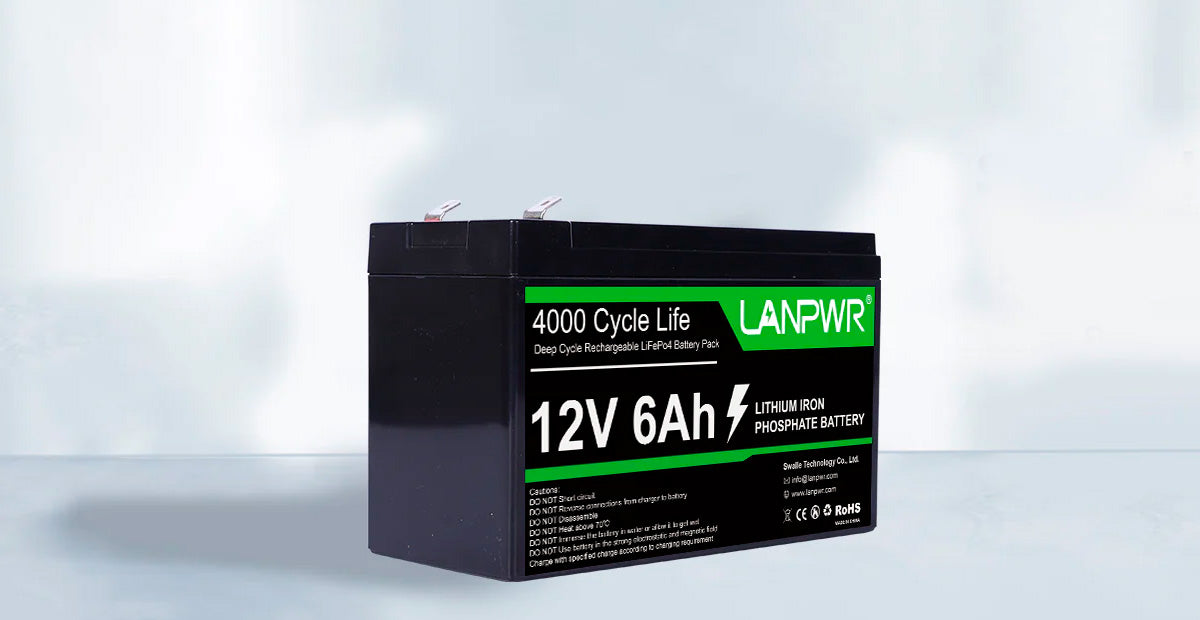
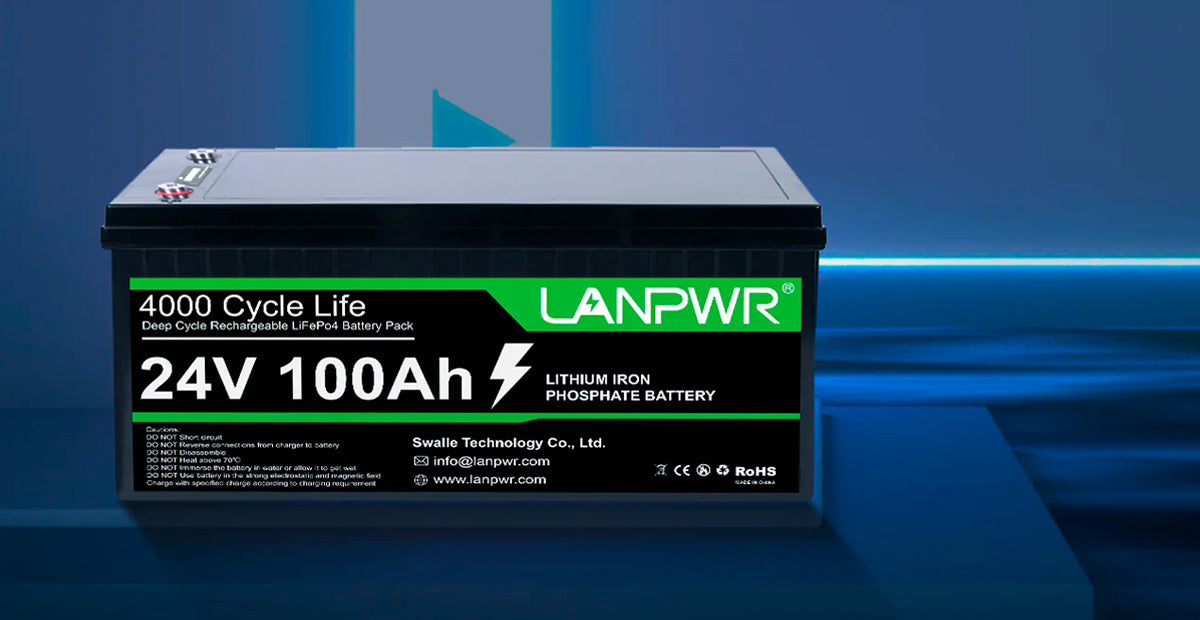

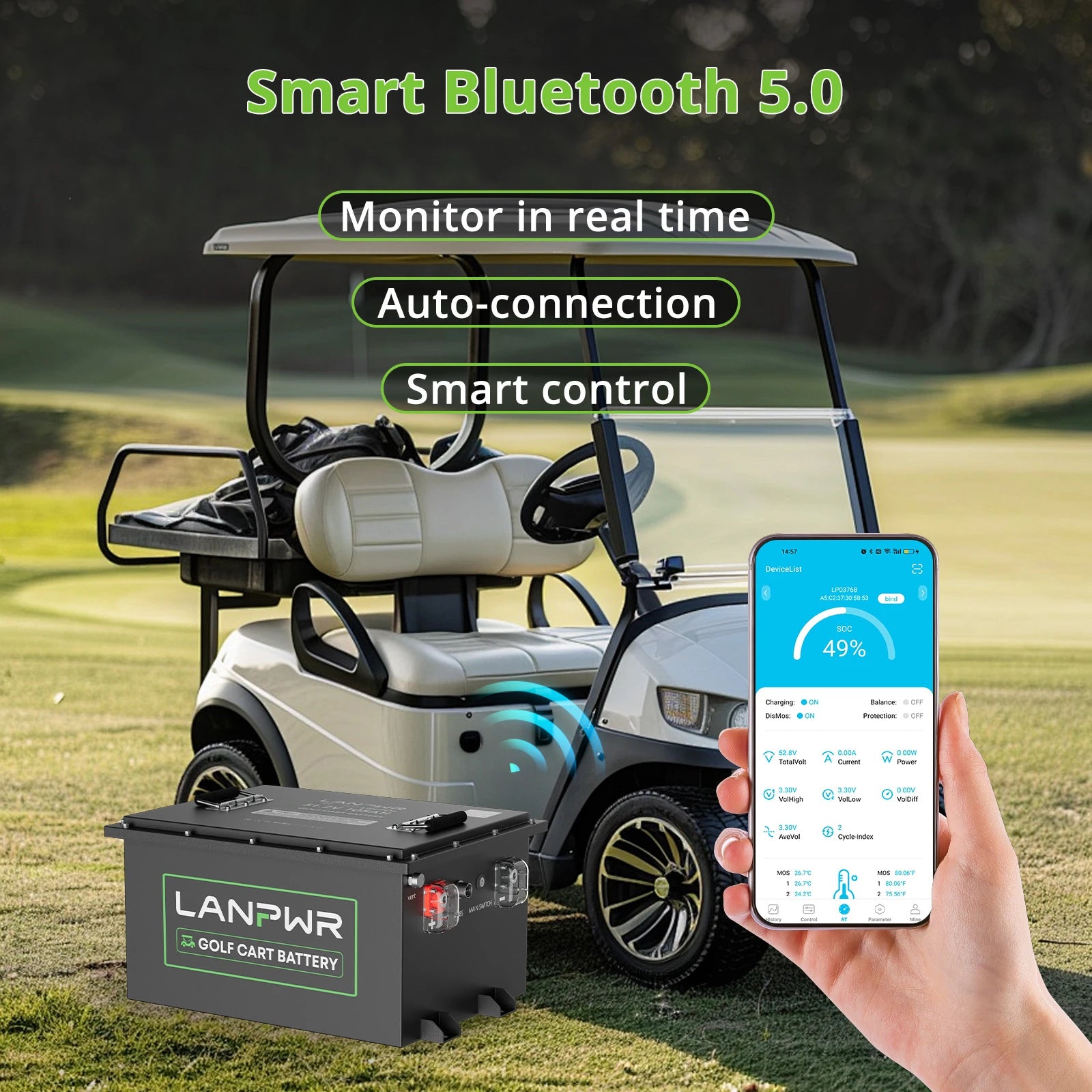
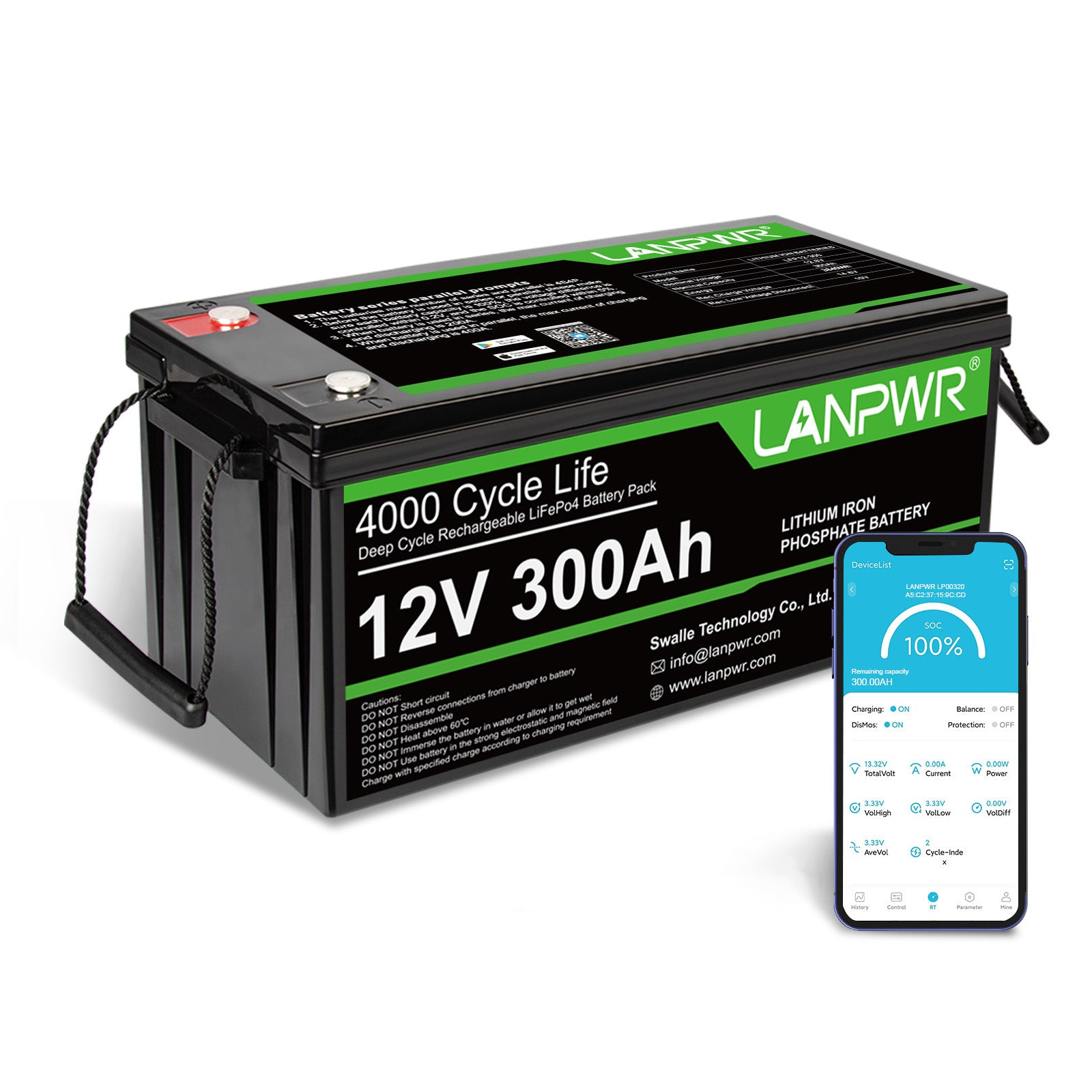
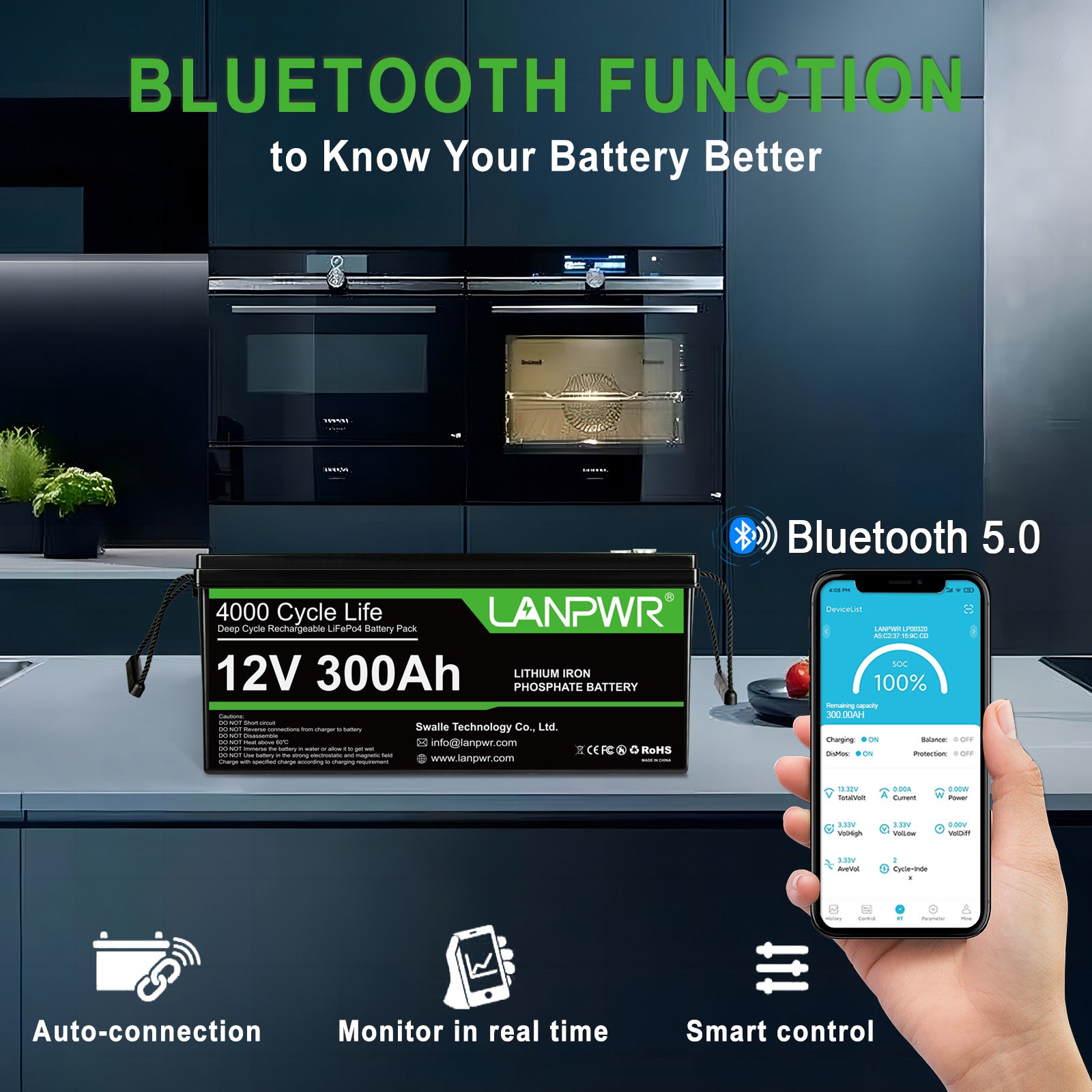
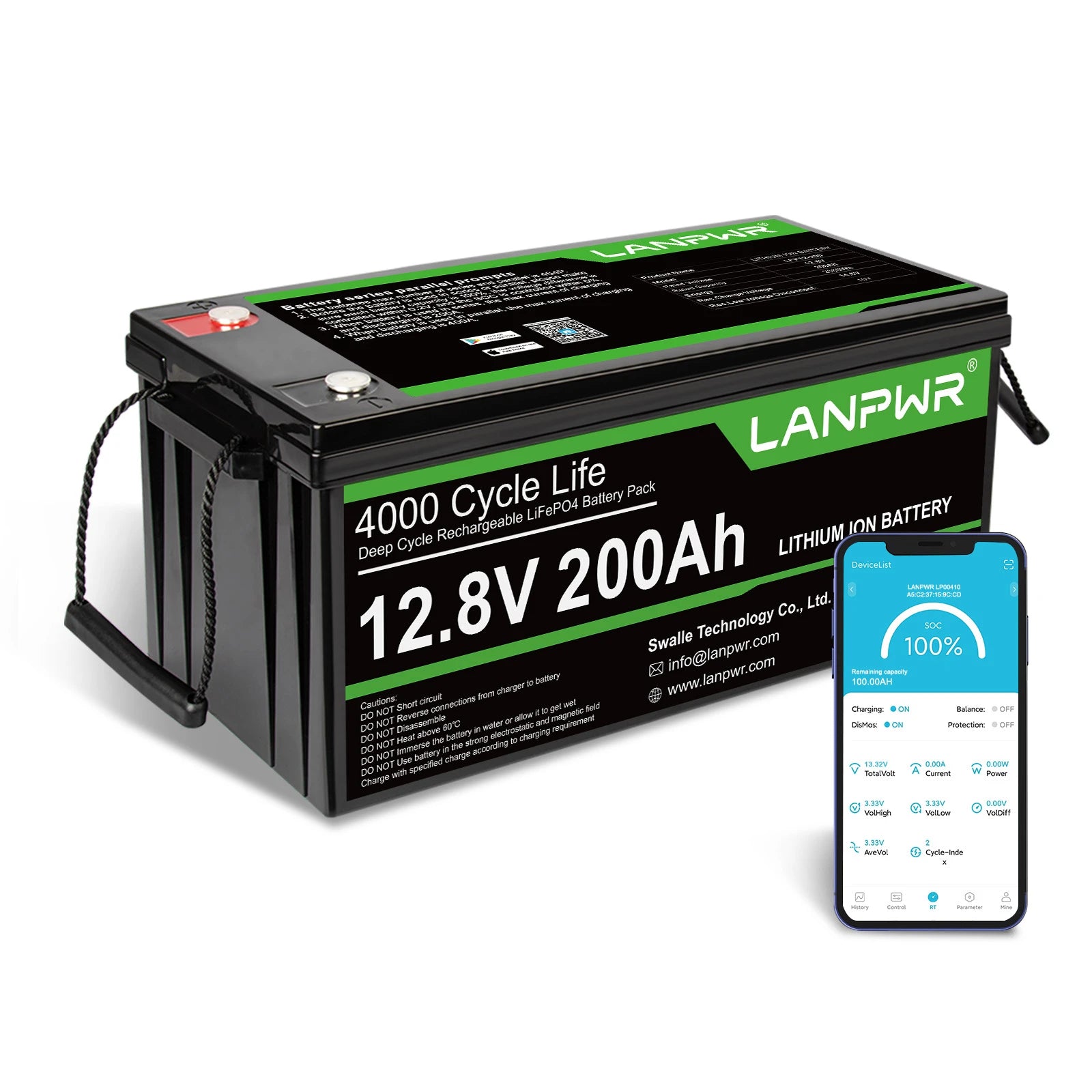
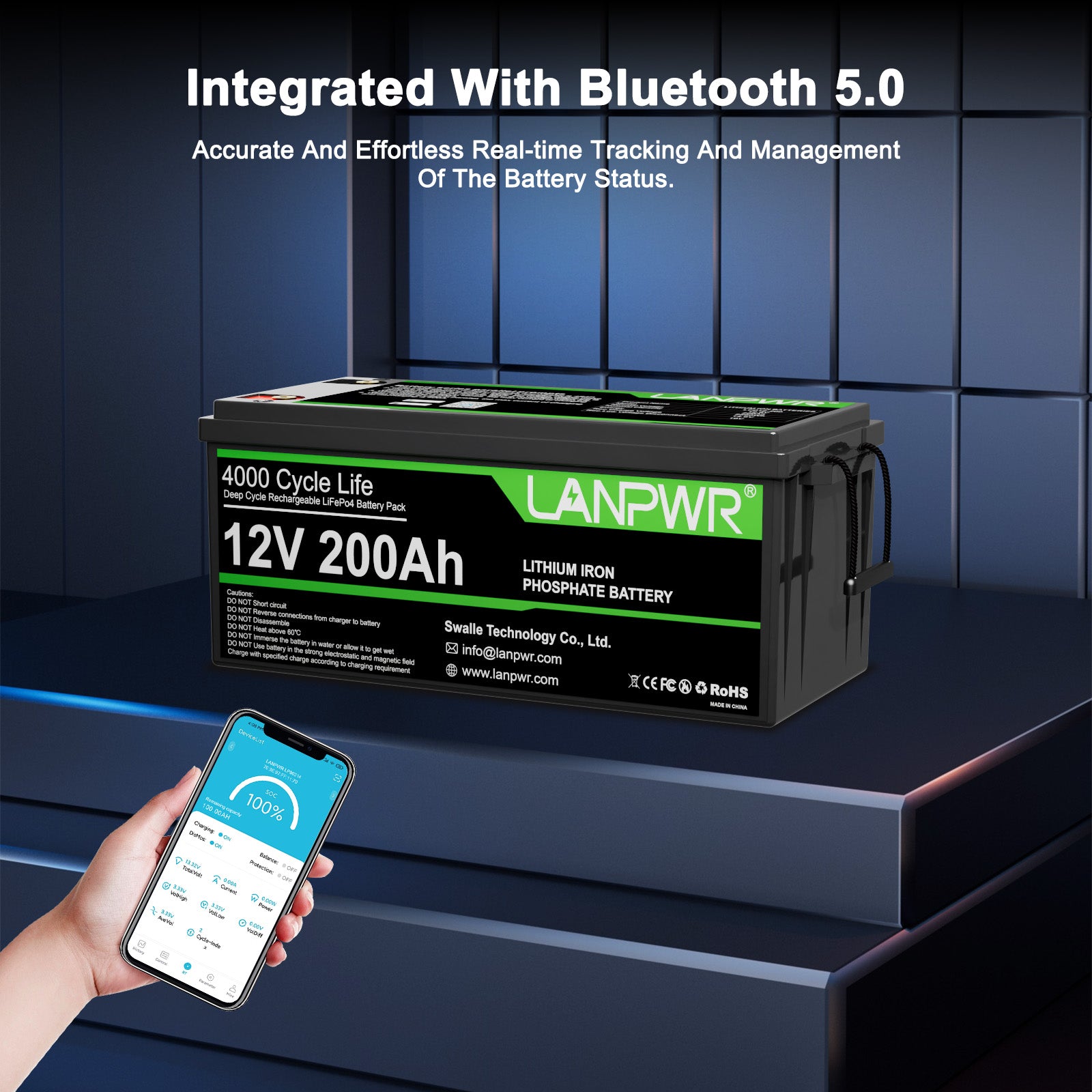
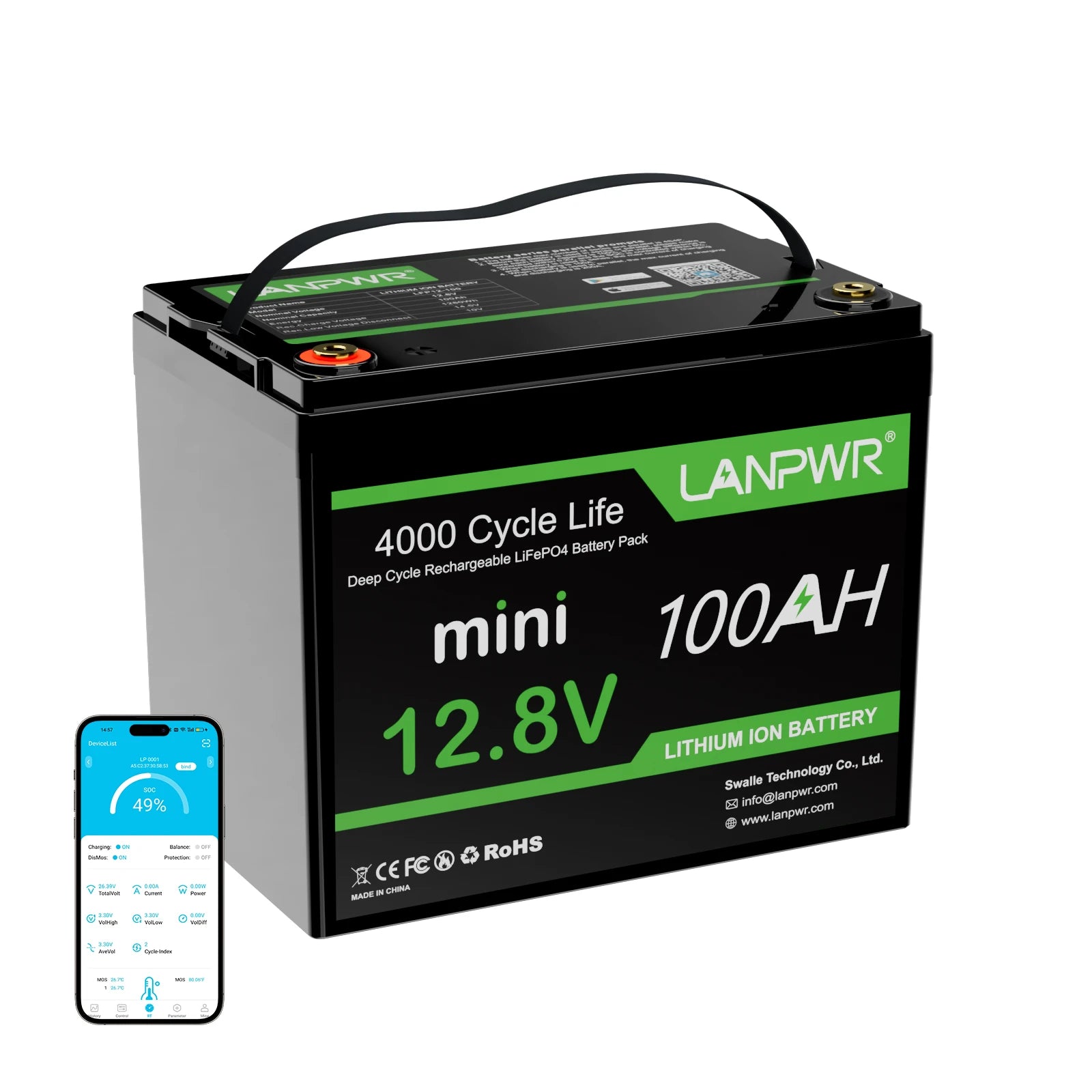

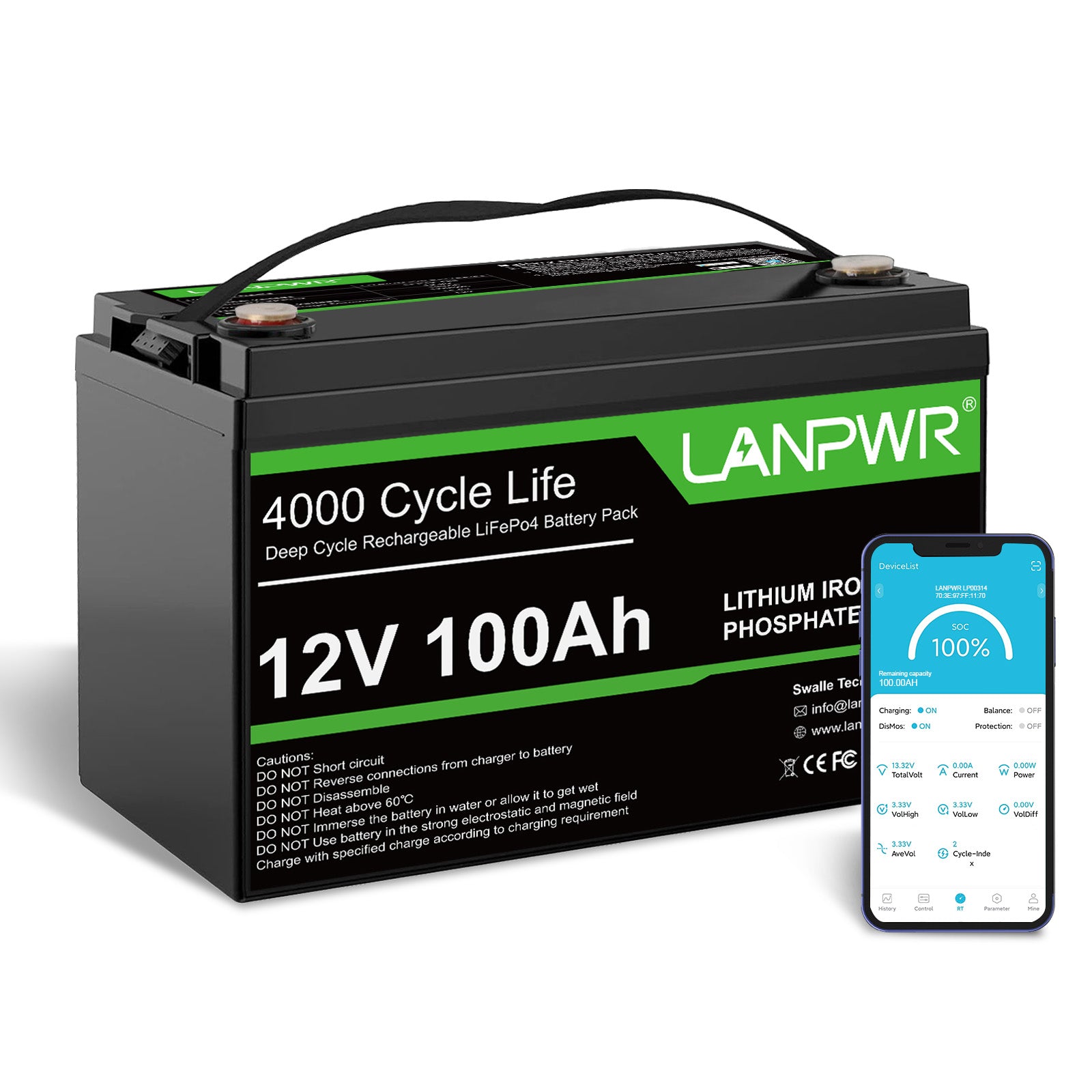

Leave a comment
This site is protected by hCaptcha and the hCaptcha Privacy Policy and Terms of Service apply.